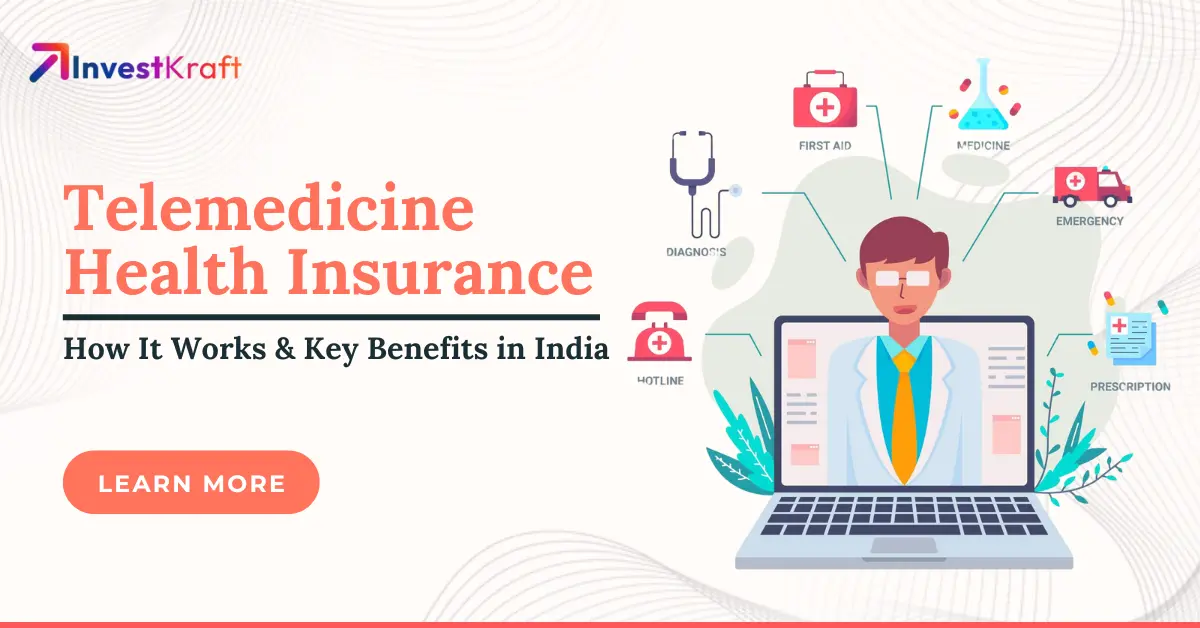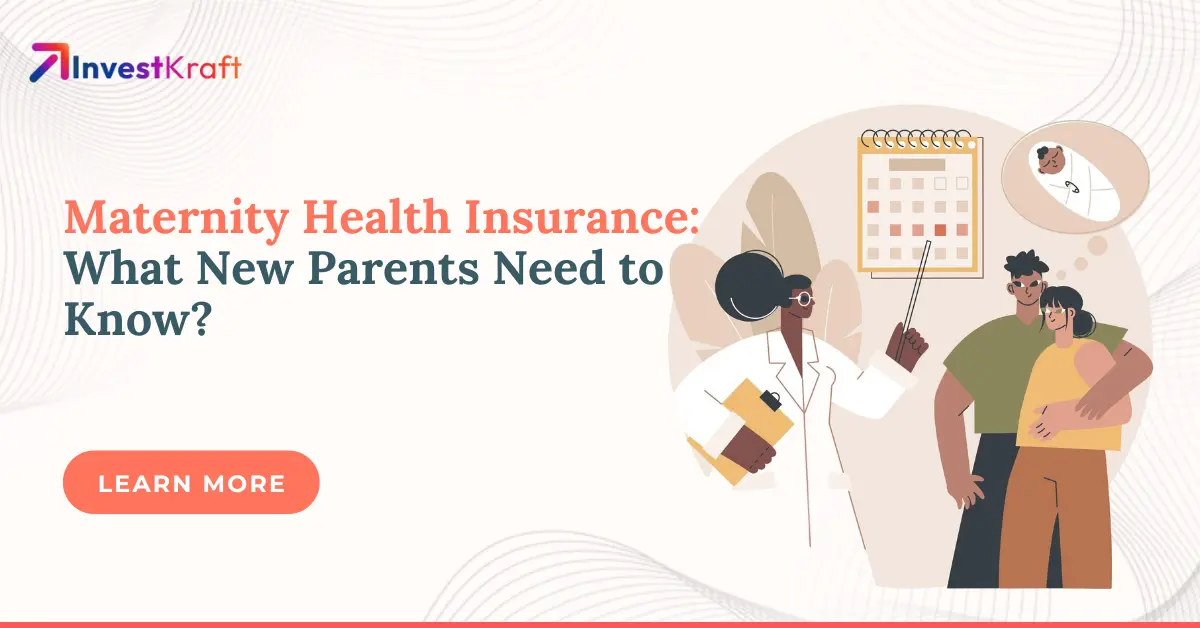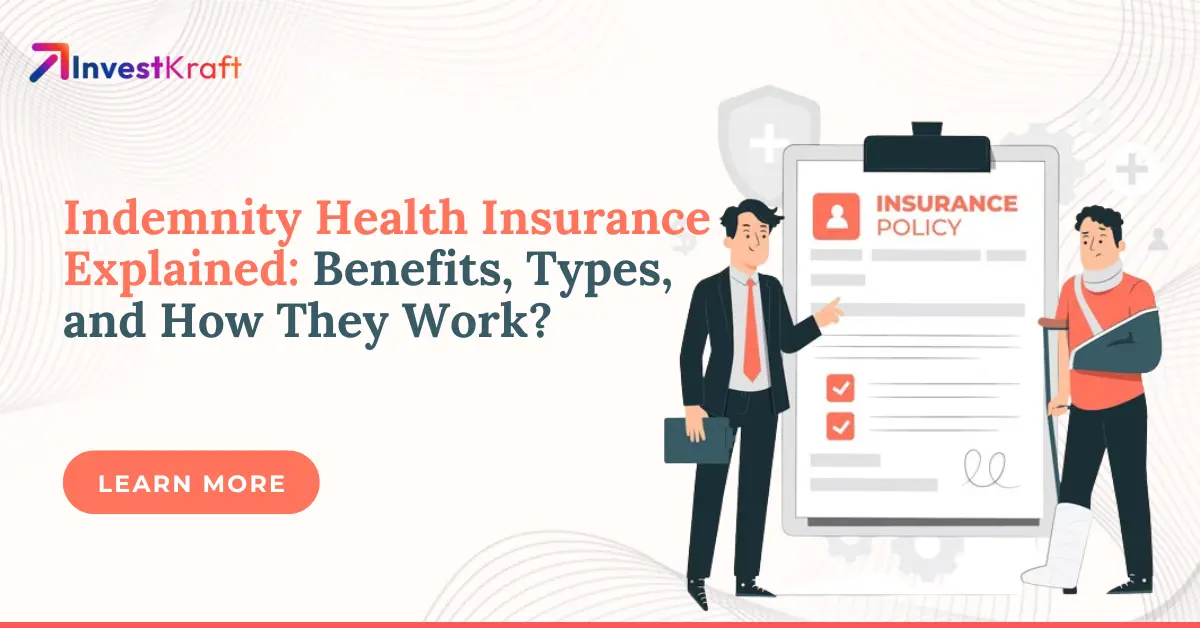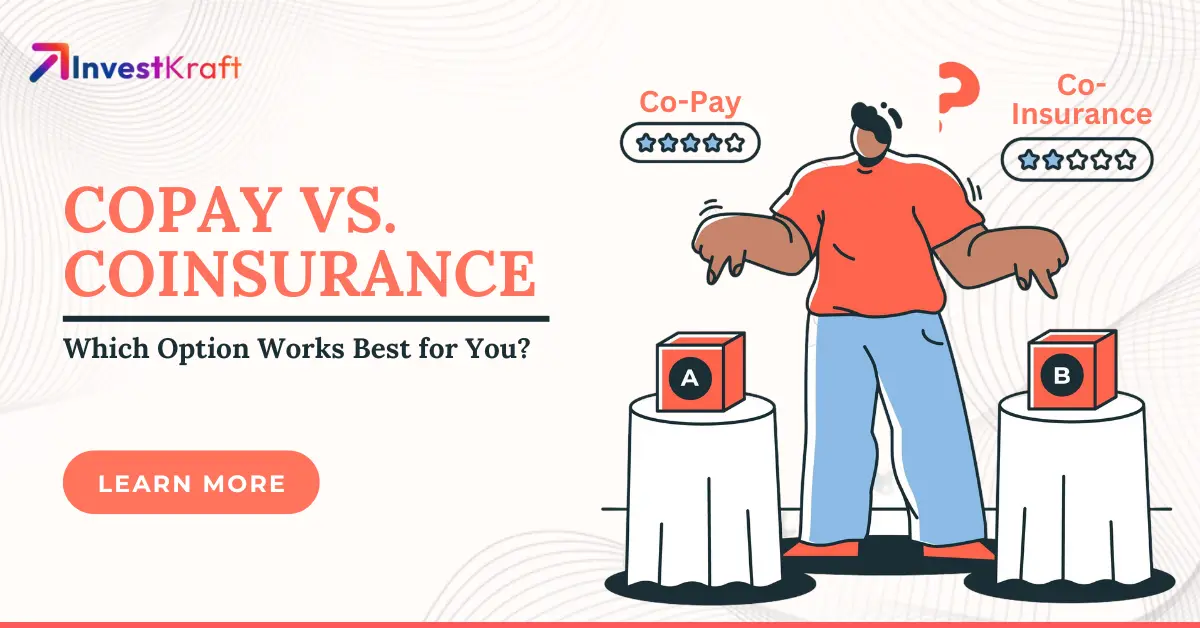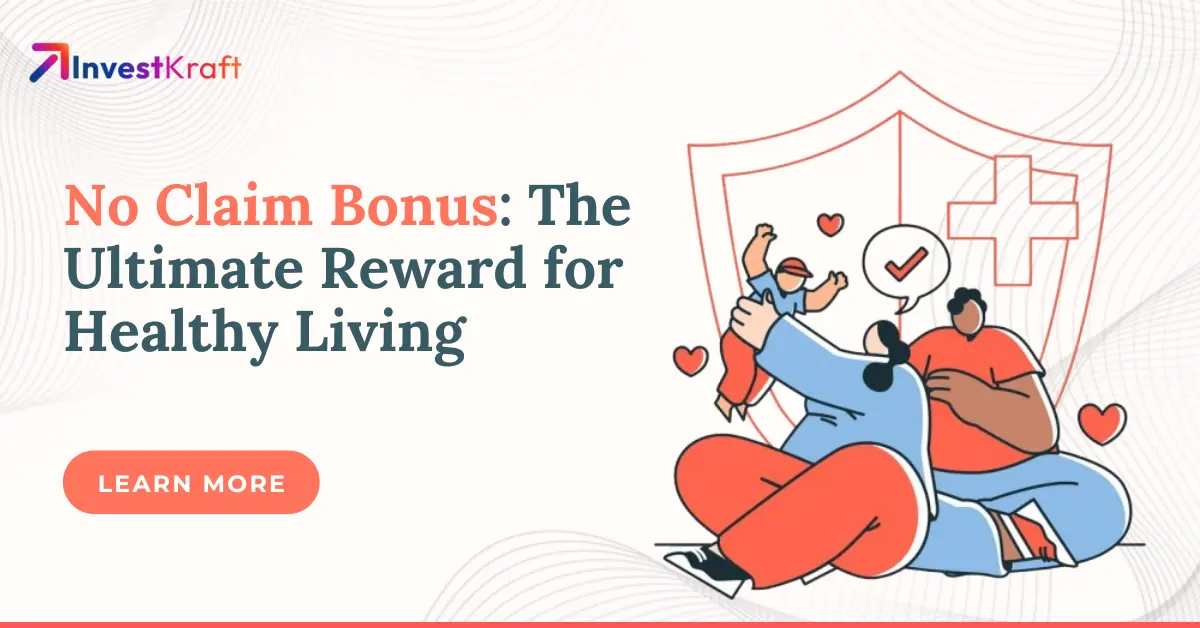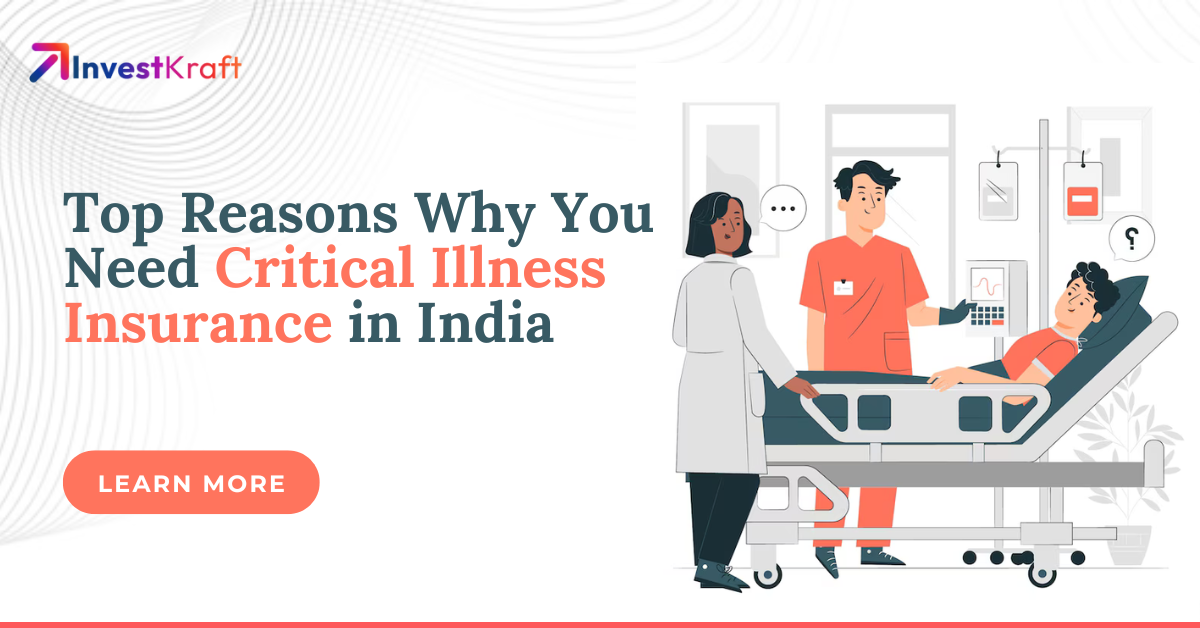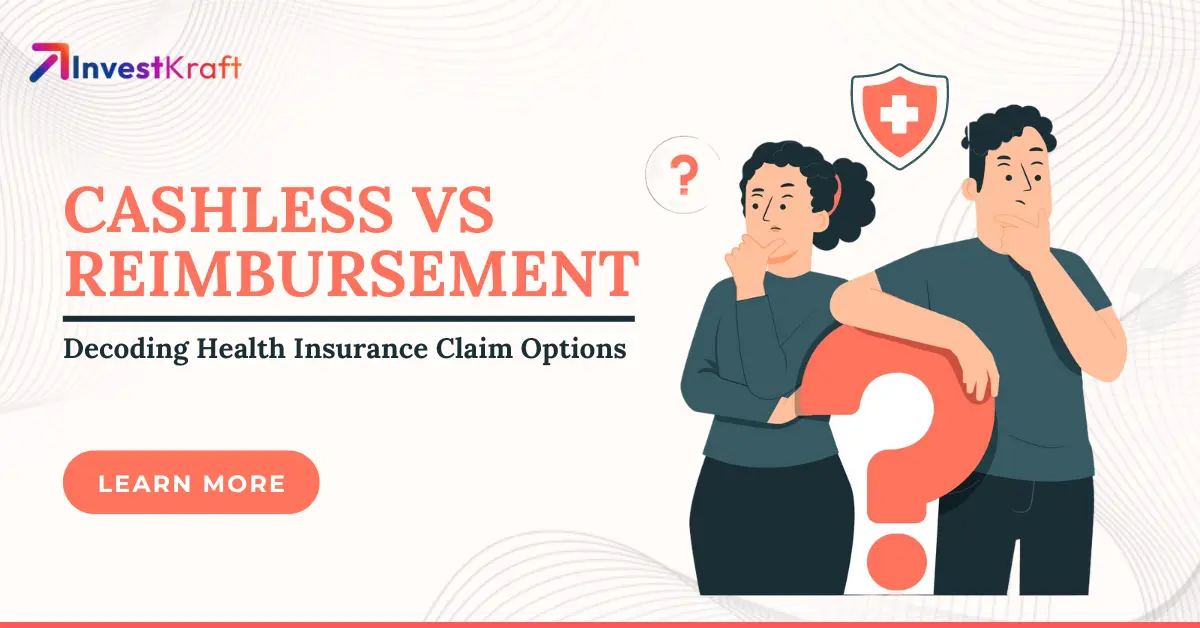Common Health Insurance Myths That Are Prevalent in India 2025
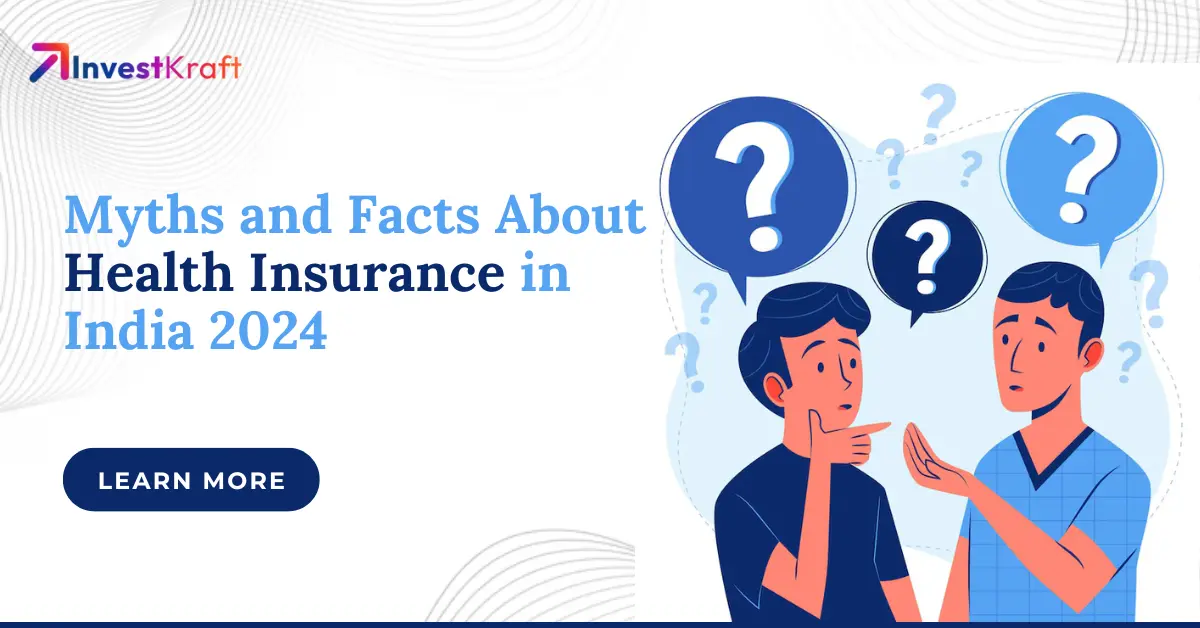
In a country like India where healthcare costs can skyrocket, having health insurance is essential as it acts as a financial safety net. However, just like myths and misconceptions in life insurance, there are several misconceptions and myths about health insurance in India. For example, there is a belief that health insurance is only for the elderly and that it is a waste of money. These misunderstandings about health insurance can prevent people from getting the required protection. It is important to debunk these common health insurance myths and clarify the situation's reality.
It is not true that health insurance is only for the elderly. Health insurance is available for people of all ages. Additionally, health insurance can cover pre-existing conditions, although coverage may vary depending on the policy. The worth of the premium will depend on individual circumstances and needs. It is important to understand the facts about health insurance to make informed decisions about one’s health and finances.
Why is It Important to Purchase a Health Insurance Policy?
The cost of healthcare services in India can be exorbitant, especially when seeking treatment from private facilities. Without health insurance, a hospitalization can have a significant financial impact, potentially causing financial instability, particularly if the primary income earner is the one in need of medical care. Therefore, securing a health insurance policy for both yourself and your family is crucial to mitigate the financial burden of medical expenses.
Paying a small annual premium for a good health insurance policy can significantly reduce your stress during medical emergencies. Such a policy typically covers expenses for doctor consultations, medical tests, ambulance charges, hospitalization costs and post-hospitalization recovery to a certain extent.
List of Common Myths and Misconceptions Regarding Health Insurance in India
Here is a list of some common myths and misconceptions that are prevalent in India. Let us know through our social media handles if you have ever come across any of these or any other unusual myth that we have not covered here. We will be pleased to add that to our list below.
Myth 1: Young and Healthy People Don’t Need Health Insurance
Explanation: Young and healthy individuals often think they do not need health insurance. However, health problems can arise unexpectedly, regardless of age. Accidents and sudden illnesses can happen to anyone, so it is wise for everyone to have health insurance.
Evidence: Purchasing health insurance at a younger age has benefits beyond providing coverage. It also secures lower premiums for the future. This early investment in health insurance enables individuals to access preventive care services, leading to early detection of potential health problems.
Myth 2: Government Health Schemes are Sufficient
Explanation: Government healthcare schemes like Ayushman Bharat offer coverage for essential medical services but they have certain limitations. These limitations include restrictions on the cost of treatment and the availability of hospitals within the network.
Evidence: Private health insurance can be a valuable addition to government healthcare schemes, providing coverage for costs that may not be fully covered by the public system. This combination of private and public coverage allows for more extensive access to healthcare services and greater flexibility in choosing providers.
Myth 3: Health Insurance is Too Expensive
Explanation: Despite the belief that health insurance premiums are too expensive, there are many affordable plans to choose from. These plans are designed to accommodate different budget constraints. So, it is possible to find a health insurance plan that is suitable for individual financial needs.
Evidence: Treatment for serious medical conditions can be much more expensive than the annual premium for health insurance. Hospital stays alone can cost a significant amount, making health insurance a wise financial decision.
Further Reading: Tips to Reduce Health Insurance Premiums Without Compromising Coverage 2025
Myth 4: All Health Insurance Plans are the Same
Explanation: There is a common misconception that all health insurance policies provide identical coverage. However, in truth, there are various types of health insurance plans designed to cater to different requirements. These include individual plans, family floater plans and critical illness plans.
Evidence: It is important to carefully consider the unique features and benefits of each plan before making a decision. The availability of cashless hospitalization and varying coverage limits means that individuals must assess their specific needs to choose the plan that best suits their situation.
Myth 5: Claim Settlement is Complicated
Explanation: Advancements in technology have streamlined the once intricate process of processing insurance claims, reshaping the prevalent belief that it is a difficult task. This transformation has greatly improved efficiency and reduced the time it takes to file and settle claims, benefitting both insurance companies and policyholders.
Evidence: Insurance companies in India have been settling around 95% to 97% of claims in recent years, according to the IRDAI. To further improve customer experience, many insurers now provide online claim tracking and cashless claims services. These initiatives aim to simplify the claim process and make it more convenient for policyholders.
Myth 6: Pre-existing Diseases Aren’t Covered
Explanation: Many people believe that health insurance does not cover pre-existing conditions, but in reality, many plans do include coverage with a waiting period. It is a common misconception but it is important to research and understand the specific details of each policy.
Evidence: Understanding the waiting periods involved with pre-existing conditions is crucial when considering insurance coverage. Transparency regarding medical history is important for avoiding claim rejections and for understanding the terms and conditions of any insurance policy to avoid potential issues in the future.
Myth 7: Health Insurance Doesn’t Cover Maternity Expenses
Explanation: Many people think that health insurance plans do not include coverage for maternity expenses, but in reality, many plans offer maternity coverage as an additional option.
Evidence: Policies with maternity benefits can be a vital consideration for families preparing for parenthood, as they can provide coverage for pre and post-natal expenses, delivery charges and even newborn care. This comprehensive support can ease the financial burden associated with having a child and ensure that important medical needs are met during this important phase of life.
Further Reading: Health Insurance for Maternity and Newborn Care in India
Myth 8: You Can’t Change Your Health Insurance Plan
Explanation: One misconception is that health insurance policies cannot be altered once purchased. However, individuals do have the opportunity to change their plans during the renewal period.
Evidence: It is important to recognize that healthcare needs can evolve as life circumstances change. That is why it is recommended that policyholders take the time to compare different plans at renewal to make sure they have the most suitable coverage for their current situation.
Myth 9: Online Purchase of Health Insurance is Unsafe
Explanation: Reputable insurers prioritize the security of their online platforms to ensure the safety of transactions. By implementing advanced security measures, such as encryption and secure payment gateways, they strive to offer a safe and trustworthy online experience for purchasing health insurance.
Evidence: Insurance companies have implemented strong cybersecurity measures to safeguard customer data, recognizing the importance of online security. Additionally, online purchasing provides convenience for customers to compare and choose from.
Myth 10: Smokers are Not Eligible for Health Insurance
Explanation: Smokers are often thought to be unable to secure health insurance but they can still qualify for coverage, albeit at higher premiums. This misconception often leads to confusion, but smokers need to know that they have options when it comes to obtaining health insurance.
Evidence: Many insurers may request health assessments from smokers but being a smoker does not necessarily lead to disqualification from obtaining health insurance. Some companies offer coverage with premiums that may be adjusted based on lifestyle choices, including smoking habits.
Myth 11: Health Insurance is Only for Hospitalization
Explanation: Health insurance is often misunderstood as only covering hospitalization expenses but it extends to outpatient treatments, preventive care and specific diagnostic tests. People need to be aware of the full range of coverage provided by their health insurance, as it can greatly benefit their overall healthcare needs and expenses.
Evidence: Modern health insurance policies now offer coverage for day-care procedures with no overnight hospitalization required, along with preventive health check-ups. This expanded coverage empowers people to take a proactive approach to their healthcare rather than simply reacting to health issues.
Myth 12: You Can Only Claim Health Insurance Once a Year
Explanation: In reality, most health insurance policies do allow multiple claims within a year. However, it is important to note that the total expenses should not exceed the sum insured. This means that individuals have the flexibility to make multiple claims, as long as they are within the coverage limit. So, contrary to the misconception, one can indeed make more than one claim per policy year in most cases.
Evidence: For instance, policyholders with a sum insured of 5 lakh rupees can file several claims within a year until they reach the maximum limit. This flexibility is especially important for individuals experiencing multiple health problems within a single year.
Myth 13: Health Insurance Premiums Increase with Age
Explanation: The belief that premiums will automatically significantly increase every year as people age is not always accurate. The actual increase in premiums is determined by the insurer’s underwriting guidelines and the overall claims experience of the insured group, rather than being a fixed annual rise.
Evidence: Insurers may provide loyalty discounts or benefits for long-term policyholders, offsetting the effects of increasing premiums due to ageing.
Myth 14: Health Insurance Policies Have Hidden Clauses
Explanation: Most people are concerned about the possibility of hidden clauses in health insurance policies that could result in claim rejections. However, it is important to note that reputable insurers are typically transparent about their coverage terms and conditions. While it is still important to carefully review a policy before purchasing, understanding that most insurers operate with honesty and transparency can provide some peace of mind.
Evidence: Insurers must provide a comprehensive policy document with all the details of the insurance coverage, including terms, conditions, inclusions and exclusions. It is important for buyers to thoroughly review these documents and ask for clarification on any unclear aspects before making a purchase.
Myth 15: A Health Insurance Policy is Enough for All Medical Needs
Explanation: People often believe that having one health insurance plan is enough to cover all their medical needs. However, as healthcare requirements change, it may become essential to consider multiple policies or add extra coverage.
Evidence: Consider the possibility of adding critical illness riders or personal accident cover to your current health insurance policy to provide comprehensive protection. By doing so, you can ensure coverage for specific high-risk scenarios and serious illnesses, enhancing the level of security for yourself and your loved ones.
Myth 16: Health Insurance is Only for Serious Illnesses
Explanation: Health insurance is often misconceived as only being beneficial during serious illnesses or emergencies. However, it is important to note that health insurance can also provide coverage for routine check-ups, minor surgeries and preventive care. Hence, it is not solely limited to critical situations but also contributes to overall well-being and proactive health management.
Evidence: Regular health check-ups can play a crucial role in catching diseases early, which may lead to reduced treatment expenses in the long run. Several insurance companies promote preventive healthcare by including coverage for annual health check-ups in their plans.
Myth 17: You Can’t Buy Health Insurance After a Certain Age
Explanation: Health insurance is often misunderstood as not being accessible to older individuals due to higher premiums. However, it is important to note that many insurers have plans specifically catered to seniors. These plans take into account the needs and healthcare requirements of older individuals. Thus, while premiums may be higher, health insurance remains available and accessible for senior citizens.
Evidence: Many insurance companies offer specialized health plans for senior citizens, taking into account their specific healthcare requirements. These plans are designed to provide older adults with comprehensive medical coverage to address their health needs.
Myth 18: Health Insurance Policies Are Not Portable
Explanation: Many people think that once they buy a health insurance policy, they cannot switch to another insurer and will lose their benefits. However, the IRDAI allows for health insurance policy portability. This means policyholders can switch to a different insurer without losing their benefits. This provision gives individuals the flexibility to choose a better insurance plan without losing their existing benefits.
Evidence: The ability for policyholders to transfer their health insurance policy to a new insurer while keeping their accrued benefits, including waiting periods for pre-existing diseases, helps to promote competition among insurers and ultimately improves the overall quality of service. This portability feature encourages insurers to provide better options and benefits for policyholders, leading to greater customer satisfaction and choice in the market.
Myth 19: Insurers Will Not Cover COVID-19 or Other Pandemics
Explanation: Most health insurance policies now explicitly cover COVID-19 and similar infectious diseases, despite initial concerns about coverage following the pandemic. Insurers have adapted their policies to provide coverage for pandemic-related health issues, ensuring that individuals have access to necessary medical care during these challenging times.
Evidence: The IRDAI has made it mandatory for health insurance companies to cover COVID-19 treatment, resulting in the expansion of coverage to include pandemic-related treatments in numerous standard health policies.
Further Reading: New IRDAI Health Insurance Rules 2024: Key Changes and Their Impact on Policyholders
Myth 20: Health Insurance is a Waste of Money
Explanation: Many people think they can handle their healthcare expenses without health insurance, considering it an extra cost. However, unexpected medical emergencies can have a severe financial impact.
Evidence: According to a study by the National Sample Survey Office or NSSO, a staggering 62% of households in India are grappling with financial distress stemming from healthcare expenses. In this scenario, health insurance emerges as a crucial safeguard, offering individuals protection from substantial out-of-pocket costs in the event of medical emergencies.
Conclusion
Health insurance is an essential aspect of financial security in India, especially with the rising healthcare expenses. It's important to note that people with pre-existing conditions can also access health insurance, contrary to popular belief. Debunking these misconceptions will empower individuals to make well-informed choices regarding their health and finances.
A comprehensive health insurance policy is a vital investment that can alleviate the financial strain of unexpected medical expenses, offering peace of mind to both individuals and families. It's important to note that even a modest premium can provide significant coverage against unforeseen healthcare costs.

Author: Abhik Das
Abhik Das is a versatile content writer with over 5 years of experience crafting engaging and informative content across diverse industries. His expertise spans the fields of ed-tech, pharmaceuticals, organic food, travel, sports, and finance.
Here's what sets Abhik apart:
Content Versatility: Able to adapt writing style and tone to suit various audiences and content needs.
SEO Proficiency: Creates content optimized for search engines, ensuring discoverability and organic traffic.
Deep Research: Conducts thorough research to ensure content accuracy and credibility across complex topics.
Engaging Storytelling: Captures reader interest with clear, concise, and compelling writing.
Abhik's diverse background empowers him to deliver insightful content across a wide range of subjects. Whether you're seeking engaging explainer pieces on the latest financial trends, informative guides to organic food choices, or captivating travelogues, Abhik has the expertise to craft content that resonates with your audience.








